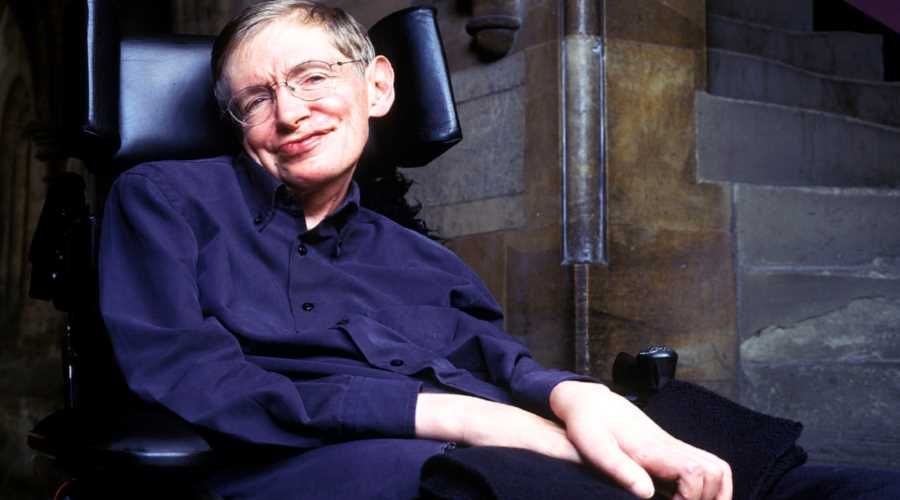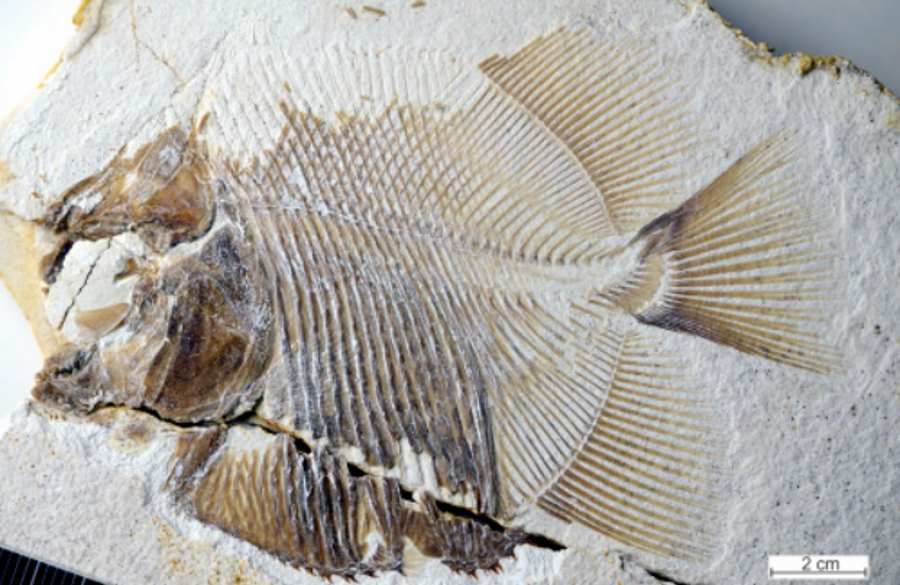Stephen Hawking feared the creation of a race of superhumans by the rich
The world-renowned physicist and cosmologist Stephen Hawking, who died earlier this year, expressed concern in numerous essays he left behind about the use of genetic engineering by the wealthy to create a race of superhumans that would take over the world. He also warned against the uncontrolled development of artificial intelligence.
Stephen Hawking passed away on March 14 of this year. It left behind many unknown to the general public article in which The Parker Solar Probe is designed to take care of itself and its future. Some of them have just been published in a new book "Kr Some answers to the big questions" ("Brief Answers to the Big Questions"). The book was released in the UK.
A rather bleak picture emerges from the reading. Hawking believed that advances in genetic engineering could lead to a race „superhumans”. The physicist suggested that the world’s elite, wealthiest and most powerful people will start editing their own and their children’s DNA. This will lead to a new kind of human – a generation „superhuman”.
– I am sure that later in this century humans will discover how to modify intelligence and instincts such as aggression. The law is likely to ban the use of genetic engineering in humans. But some ho will not be able to resist the temptation to improve human traits such as memory, resistance to disease and life expectancy – Hawking wrote.
According to the physicist’s vision, those who ho will not have the means on DNA manipulation will be reduced to an underclass "of unimproved people”. This will have serious social consequences. Although initially, according to the researcher, gene editing technology ould be used to correct gene in causing serious diseases. Over time, however, its applications will change.
– When they emerge „superhumans”, would arise r Also serious political problems with „unimproved humans”, kt that will not be able to compete with them. It can be assumed that they will become extinct or irrelevant. Instead, there will be a race of self-designing beings who hich will constantly evolve – the researcher estimated. Hawking emphasized that „If humanity succeeds in redesigning itself, it will probably spread and colonize other planets and stars”.
Towards the end of his life Hawking became increasingly vocal about the future problems that the world might face. M By genetic engineering, he probably meant the relatively young but simple technique of gene editing in CRISPR-Cas9. This method is often portrayed as molecular scissors, thanks to which that can cut and alter the nucleotides that make up DNA. The technique allows scientists to find and modify or replace defectors in genetic.
As CRISPR-Cas9 has become more widely used, ethical issues have. This is especially true for editing human embryos – „design” children, or influencing DNA in such a way b to rule out genetic defects and possibly add parentally desirable Hawking’s insights have shaped the way that such children will be stronger, smarter, taller or more resilient than other children. A generation „superhuman”.
In Hawking’s just published writings you can find r He was also concerned about the uncontrolled development of artificial intelligence. He expressed these concerns while he was still alive.
– The advent of superintelligent artificial intelligence could be the best or worst thing to happen to humanity. The real risk of AI is not malice, but competence. Superintelligent artificial intelligence will be extremely good at achieving its goals and if those goals don’t align with our own, we’re going to have trouble – Hawking wrote.
– While the primitive forms of artificial intelligence developed so far have proved very useful, I fear the consequences of creating something that can dor know or surpass people. People who If they are limited by slow biological evolution, they would not be able to compete and would be displaced – Hawking pointed out.
The physicist wrote in previously unpublished essays about the need for research to see what impact artificial intelligence would have on humanity – from the workplace to the military, where he expressed the greatest concern about it taking over advanced systems in the military, with the help of which he AI could select and eliminate its own targets.
Hawking died at the age of 76. For years he suffered from amyotrophic lateral sclerosis, kt hich led to the paralysis of almost his entire body. However, this did not prevent him from actively participating in the public debate on the condition of humanity. He repeatedly m He was referring to the fact that humanity must leave Earth in order to survive, and there is less and less time to do so.
He was diagnosed with the disease at age 21. Doctors didn’t give him a chance to live past his 25th birthday. However, he survived another p age. His insights have shaped the modern cosmology and have inspired millions of people around the world.
Hawking was the author of many groundbreaking scientific concepts and hypotheses in astrophysics. A book that he wrote – „Kr a tale of time”, was a bestseller for many weeks on the „Sunday Times”. It has been translated into 40 languages in, and it has sold over 10 million in specimens.
Co and Roger Penrose’em in 1970 developed theorems about the existence of singularities within the og of the theory of relativity. In 1974, Hawking used quantum theory to announce that black holes should emit radiation. For normal-sized black holes, the process is extremely slow, but miniature black holes emit radiation at a spectacular rate eventually exploding with energy in the millions in hydrogen bombs – Hawking claimed. This radiation is now known as Hawking or Bekenstein radiation–Hawking.



